Ok, what about ...
... reading?
Children learn to read on their own on their own schedule.
Children learn to read on their own. As with any new skill, when children are interested and motivated, learning happens and that journey will be unique for each child. Some children learn to read early and others learn much later. Once reading starts, it may progress slowly or surprisingly quickly.
We live in a literate society, in which reading and writing are necessary skills. Demanding that these skills are attained on "schedule" creates unnecessary pressure. Allowing children to acquire these skills at their own pace fosters positive attitudes about learning.
Peter Gray’s "Children Teach Themselves to Read" offers excellent perspective on children learning to read on their own. One interesting observation is that the starting age of reading, whether early or late, has no bearing on future reading interests or abilities.
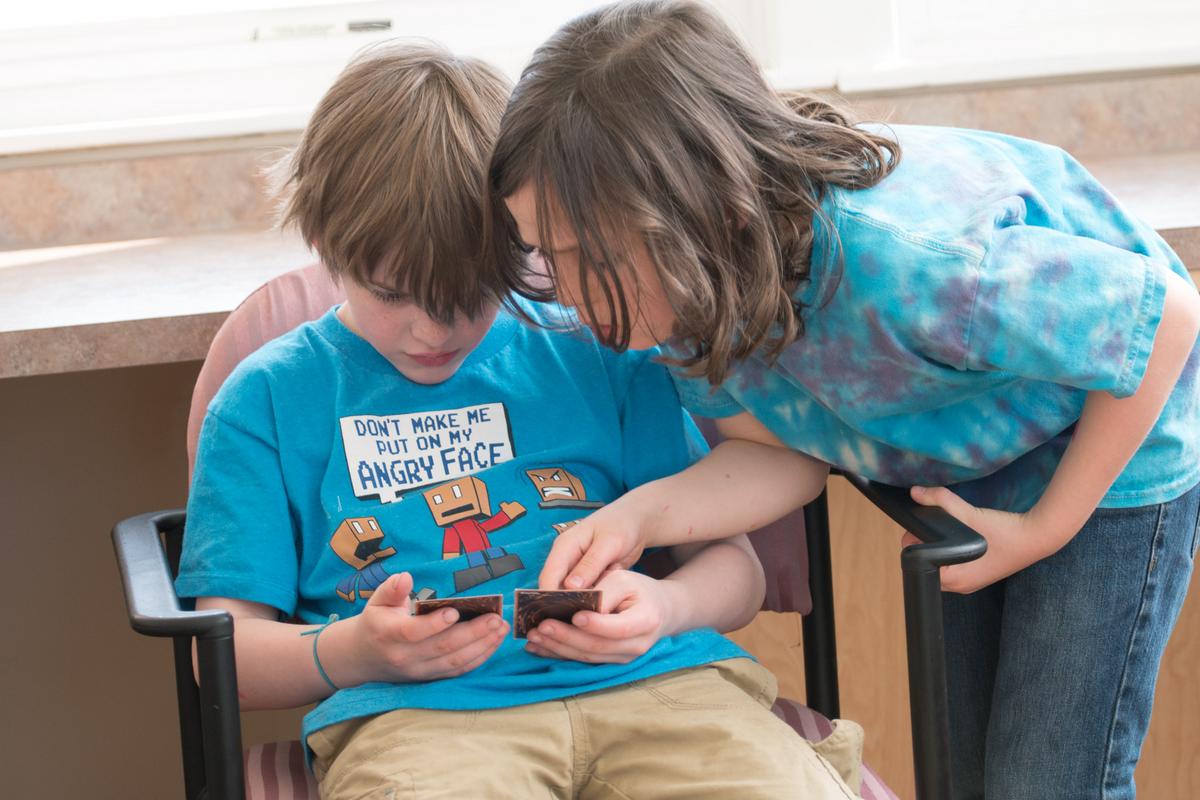
... math?
Arithmetic is important in daily life and thus, children learn arithmetic. They also develop the core skills needed to appreciate abstract mathematics.
As with reading, children learn basic arithmetic, because it is a useful skill. Whether dealing with food, toys, games, or money, counting or sharing is involved. Children assimilate math concepts from using numbers in these very natural contexts.
Children also study advanced mathematics as needed to achieve specific goals. To prepare for college entrance exams, they seek resources for self-study and often find that they can grasp all the material relatively quickly in a few months. They learn to view math as a tool that they can master, rather than as a subject to be feared or dreaded for years.
"Kids Learn Math Easily When They Control Their Own Learning" shares the ways that children encounter, explore, and learn math concepts on their own.
... getting into college?
If a student wishes to go to college, they are well-equipped to make the case and perform well when they do go.
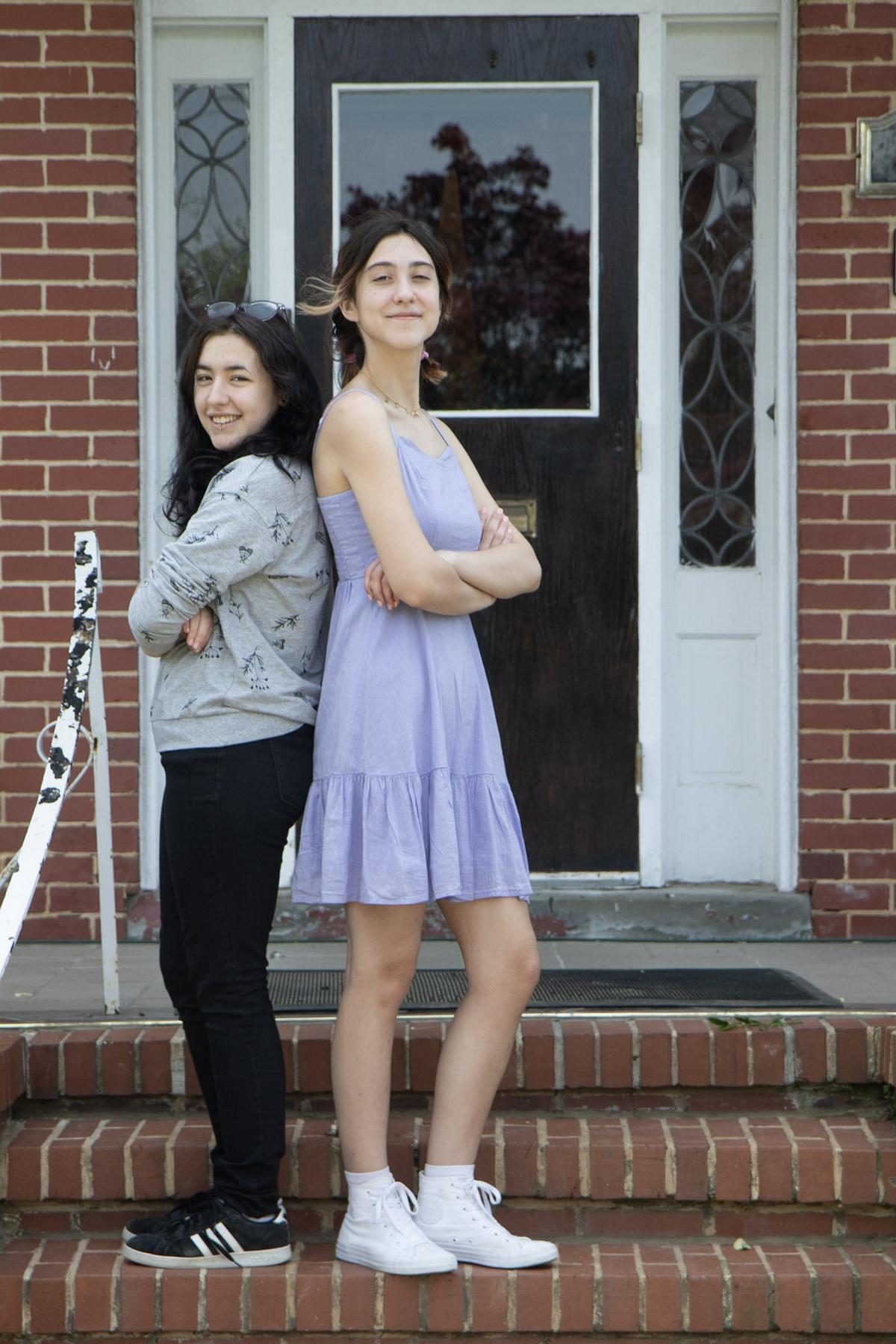
As with any other personal goals that they have set for themselves, students with college aspirations find ways to be successful. They prepare for necessary tests. They complete the prerequisites when possible, or negotiate their way around them skillfully. Our students who choose to go to college do so because it is their idea and not simply the default path to be swept into without question or intent. Our students' genuine interests and drive come across to admissions officers who see them as budding peers rather than immature and entitled children.
In several ways, experiences at Arts & Ideas develop the skills necessary for success in college. Our students know how to discuss and debate, so that they are ready to participate. They have explored interests and studied independently for years, so that they are ready to focus on their chosen areas of study. Since they have freely interacted with fellow students of all ages and backgrounds, they are not easily distracted by the college social scene nor overwhelmed by any newfound freedom.
At A&I, our graduates have found fulfilling pursuits, from apprenticing and becoming a professional in a trade of choice to attending college on a scholarship. The graduation process is highly personal and all students are counseled through the process. While the route is atypical, we've found that all avenues remain open for our students and that our graduates make us proud by fulfilling potential we believe would have gone unrecognized and untapped elsewhere.
... supplementary instruction?
If students want instruction, then that can work out at their direction.
At Arts & Ideas, students have the freedom and the responsibility to pursue their own learning. As they follow their curiosity and interests, they learn related facts and practice useful skills. Thus, supplemental instruction is not needed.
To address specific needs or goals, such as preparing for college entrance exams, supplemental instruction may sometimes be utilized at home. In keeping with our school philosophy, it is important that the impetus for classes, homework, and other instructional activities is the student. When motivated by the student, such activities are simply what they're doing rather than supplemental to anything (which implies something missing).
Learning at A&I is student-driven, individualized, and addresses authentic needs and interests. As students discover and pursue their passions, they achieve higher levels of knowledge and mastery of skills.
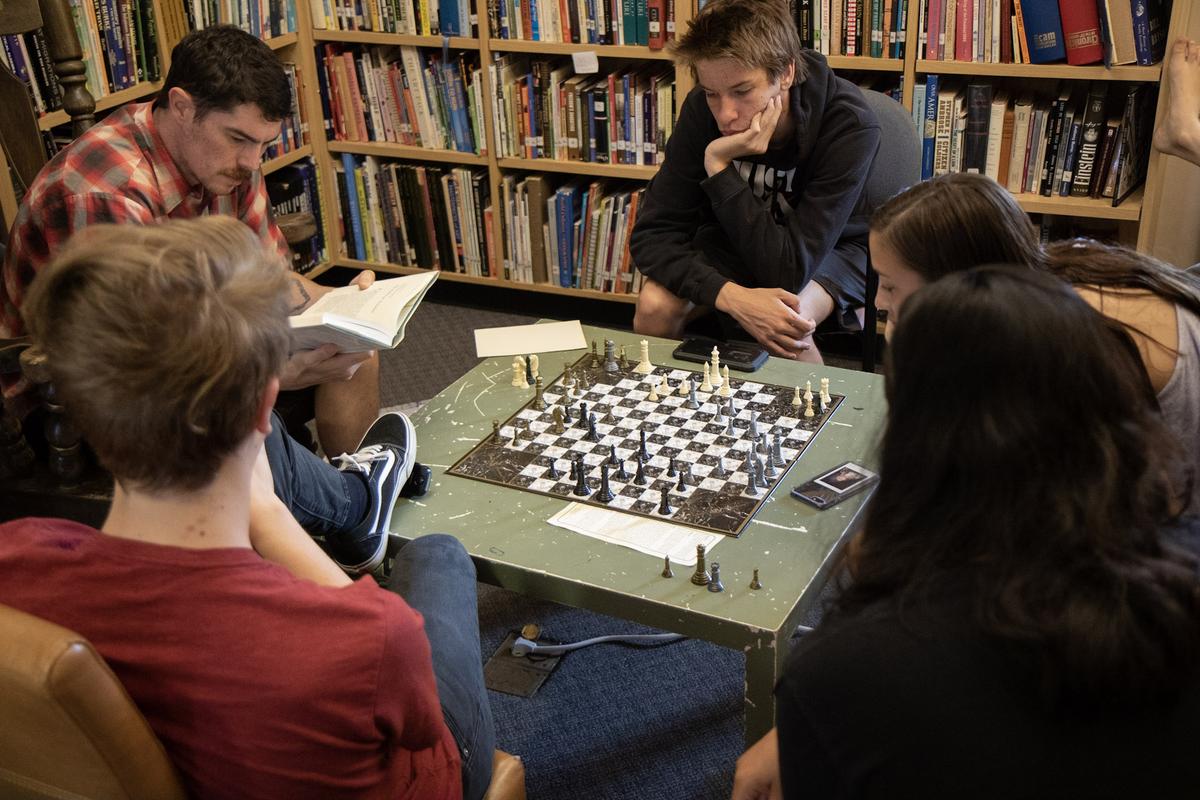
... screen time?
Unlimited screen time is allowed at our school.
It is quite possible that your child will spend all day on the computer at times. With all of the negative media attention surrounding screen time, it is not surprising that many parents are concerned about this. We at Arts & Ideas recognize that computers are the most important tools of modern society. There are many advantages to playing with them regularly. Furthermore, computers and gaming are very social activities at our school; students engage with each other, learn from each other, and problem-solve together whether on computers or not.
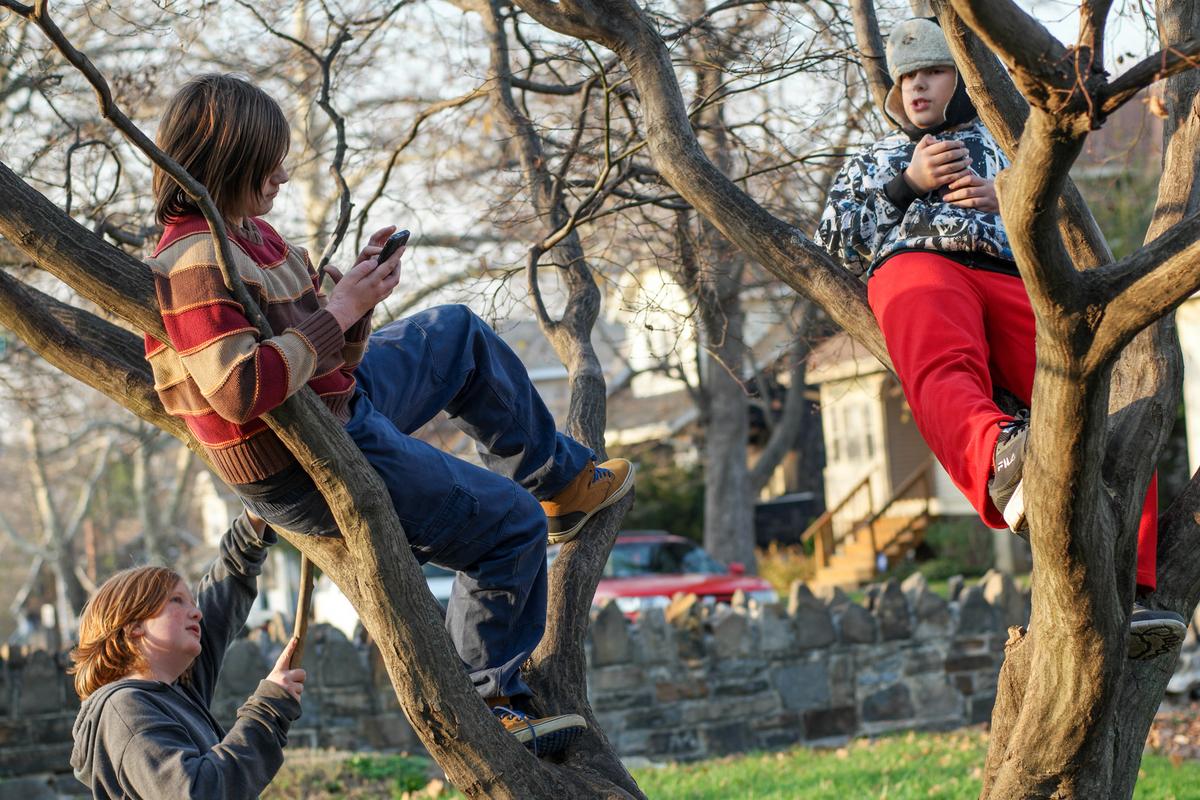
We also find that with everything going on at our school, it is nearly impossible for any one child to do only one thing, all day, every day, forever. We see even the screen-obsessed kids (the ones learning to code a new Minecraft mod, or spending hours working on a tiny animation detail of a new video) take breaks to challenge themselves to go out of their comfort zone by climbing a tree or playing a game of soccer. When kids feel comfortable in their safe space—whether that be near a screen or not—they gain the confidence in themselves and bravery to try something new.
... teachers? What do the teachers do?
Adults are just staff. They make sure the school functions and continues to thrive.
"What I have learned, very slowly and painfully over the years, is that children make vital decisions for themselves in ways that no adults could have anticipated or even imagined." ~ Hanna Greenberg, founder of Sudbury Valley School, in The Art of Doing Nothing
We have no teachers. The adults employed by the school are staff and are responsible for the administration and upkeep of the school as delegated to them by School Meeting. Staff are community elders, subject matter experts, janitors, advocates, curious students, and responsible School Meeting Members. Elected positions for staff have them managing finances, administering the admissions process, tracking attendance, communicating with parents, planning PR events, cleaning and maintaining the property, and everything that it takes to run a school. Students may also serve in many of these roles.
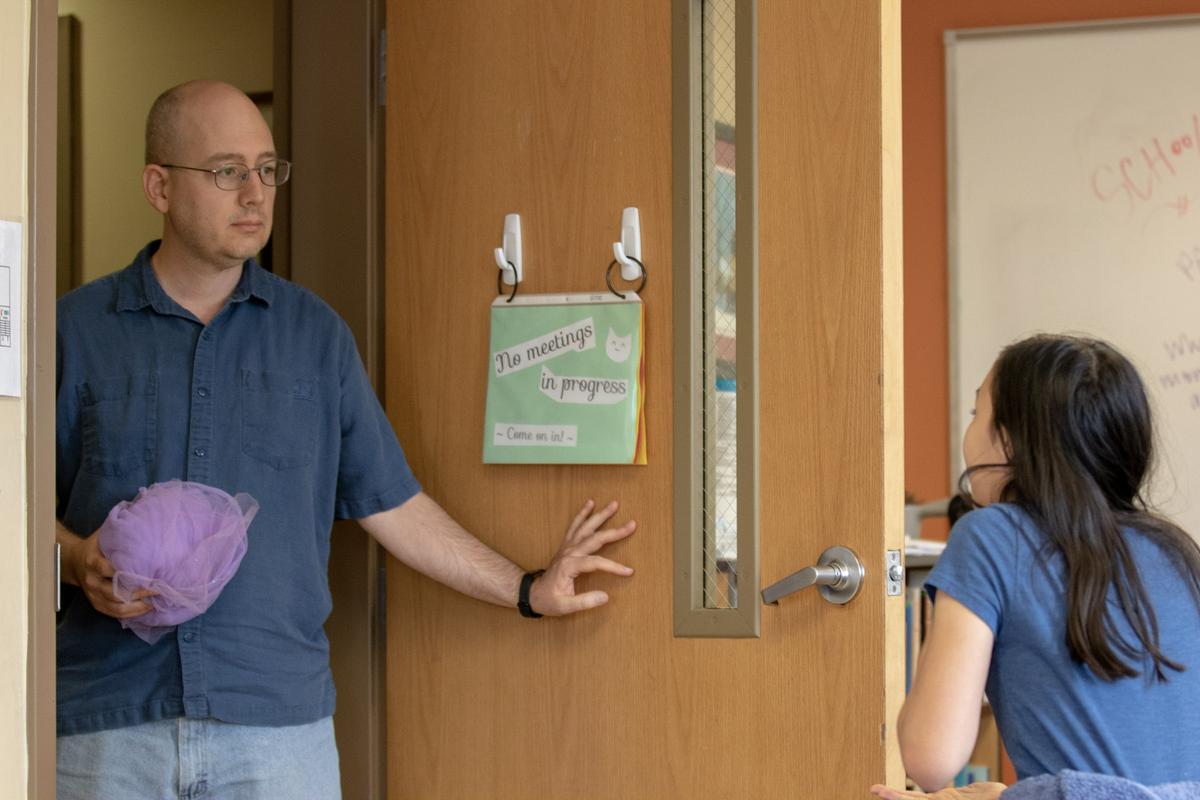
As students and staff have equal standing in an institutional sense, relationships between students and staff tend to be collegial. As in any community, staff and students will develop closer relationships with those they have affinity for and will naturally influence each other’s interests and activities. Staff do not artificially seize "teachable moments" as is often discussed in conventional educational models, but, like anyone, are certainly apt to expound on topics they feel passionately about if a student brings it up.
As adults in the current culture, staff must constantly fight against unneeded intervention. Our students' explorations inevitably lead them to push past their comfort zone. Emotions flare up and it can be very hard not to rush in and try to resolve the situation. Just as we would not intervene in adult conflicts without due cause, we do not intervene in student conflicts without due cause. It is this, above all else, that a staff at a Sudbury school must be comfortable with.